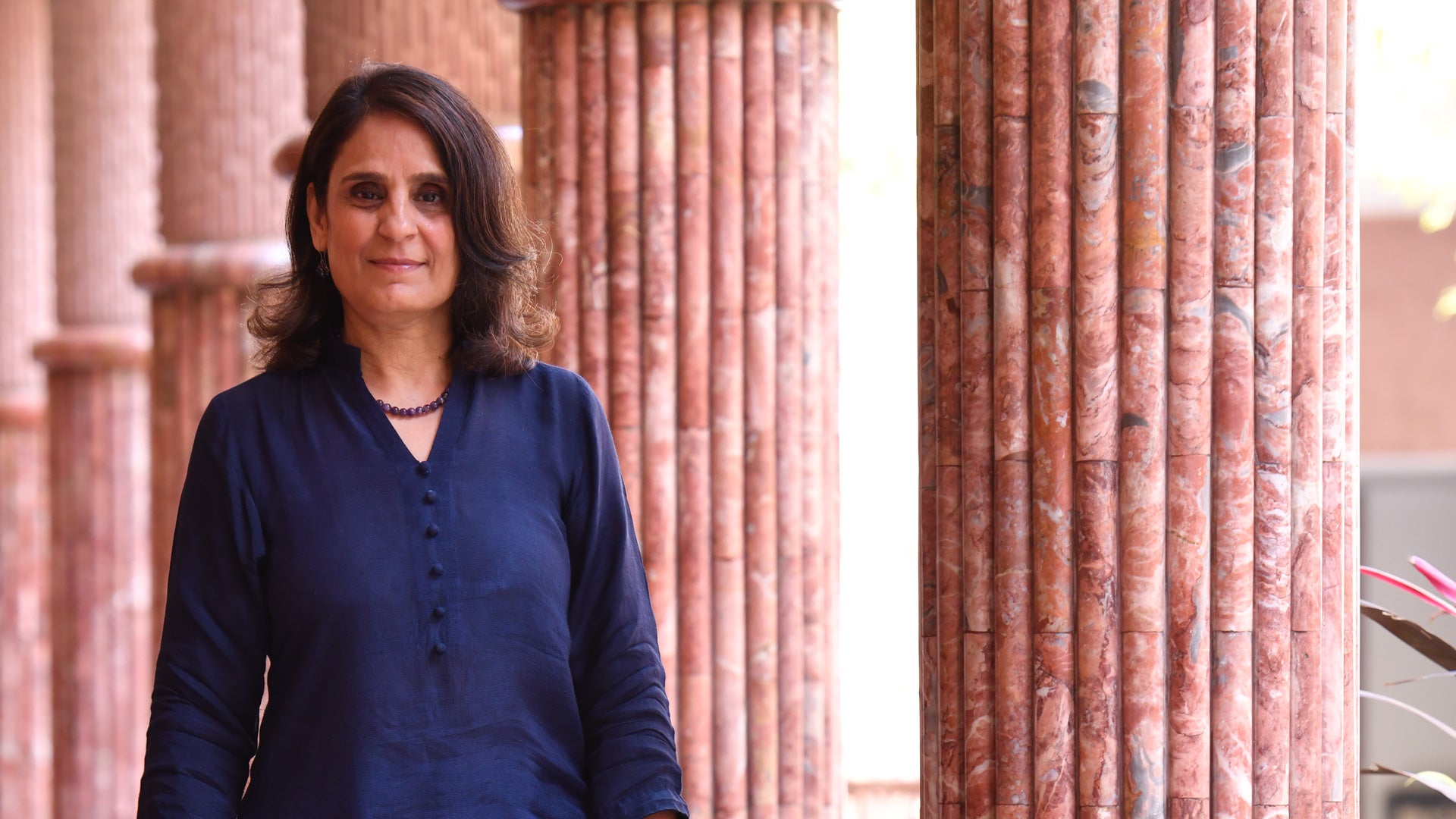Analysis reveals factors underlying COVID-19 spread in Brazil

For immediate release: Thursday, April 22, 2021
Boston, MA – An overall failure in Brazil to implement prompt, coordinated, and equitable responses fueled COVID-19’s spread in a context of stark local socioeconomic and health care inequalities, according to an analysis from researchers at Harvard T.H. Chan School of Public Health.
Researchers analyzed the fast spread of COVID-19 cases and deaths across Brazilian states over a nine-month period in 2020. Factors at play in the swift and uneven spread of disease included disparities in health resources and income, lack of containment measures, politicization of the pandemic, and varied responses across states and cities. Based on their findings, the researchers warned that the P.1 variant, first documented in Brazil and already fueling a record number of cases and deaths and the near collapse of the hospital system, is likely to spur the emergence of new variants, isolate Brazil as a threat to global health security, and lead to an avoidable humanitarian crisis.
The analysis was published online on April 14, 2021, in Science.
“Our research is the most detailed subnational analysis of COVID-19 in Brazil—both over time and geography,” said co-author Marcia de Castro, Andelot Professor of Demography at Harvard Chan School. “It highlights that inequalities alone cannot explain the patterns and speed of movement of COVID to the interior of the country. Our results gave a preview of what we are seeing in Brazil now with P.1.”
Brazil has a universal, comprehensive, and free-of-charge health care system, but the country is also large and unequal, with disparities in income and quantity and quality of health resources. Politicization of the pandemic affected the creation of and compliance with public health measures, such as physical distancing. The result was concurrent and varied COVID-19 epidemics across the country.
To understand, measure, and compare the spread of COVID-19 in various parts of the country, the researchers used daily data, from February 23 to October 10, 2020, from Brazil’s State Health Offices. Their analysis indicated that some states with effective local responses, such as Ceará, were resilient and limited fatalities despite experiencing a near-collapse of the hospital system. Meanwhile, other states with comparatively more resources, such as Rio de Janeiro, failed to contain the spread of COVID-19.
The researchers’ work indicates that without immediate containment, coordinated epidemiological and genomic surveillance measures, and an effort to vaccinate the largest number of people in the shortest possible time, the continued propagation of the P.1 variant will likely resemble the spread of cases and deaths during 2020, leading to significant additional loss of lives.
“Therefore, the recommendation as Brazil confronts the P.1 variant remains the same as it was for the virus’s initial spread: prompt and equitable responses, coordinated at the federal level, to mitigate fast virus propagation and disparities in outcomes,” said Castro.
Other Harvard Chan School researchers who contributed to the study include Sun Kim and Susie Gurzenda.
“Spatiotemporal pattern of COVID-19 spread in Brazil,” Marcia C. Castro, Sun Kim, Lorena Barberia, Ana Freitas Ribeiro, Susie Gurzenda, Karina Braga Ribeiro, Erin Abbott, Jeffrey Blossom, Beatriz Rache, and Burton H. Singer, Science, online April 21, 2021, doi: 10.1126/science.abh1558
Photo: iStock/Jair Ferreira Belafacce
Visit the Harvard Chan School website for the latest news, press releases, and multimedia offerings.
###
Harvard T.H. Chan School of Public Health brings together dedicated experts from many disciplines to educate new generations of global health leaders and produce powerful ideas that improve the lives and health of people everywhere. As a community of leading scientists, educators, and students, we work together to take innovative ideas from the laboratory to people’s lives—not only making scientific breakthroughs, but also working to change individual behaviors, public policies, and health care practices. Each year, more than 400 faculty members at Harvard Chan School teach 1,000-plus full-time students from around the world and train thousands more through online and executive education courses. Founded in 1913 as the Harvard-MIT School of Health Officers, the School is recognized as America’s oldest professional training program in public health.


